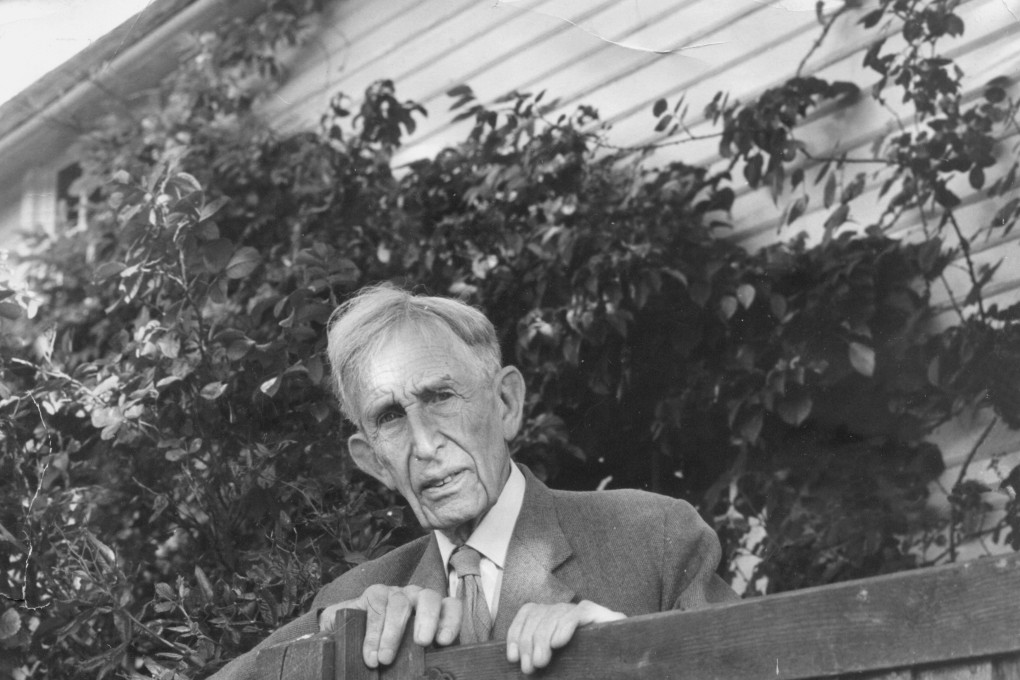Personal visions – of climate change, post-colonialism, and more – bubble up from below the surface of This Devastating Fever, Sophie Cunningham’s metafictional novel about a writer
- Australian writer Sophie Cunningham returns to fiction with a story ostensibly about a writer composing a novel about Leonard Woolf, Virginia’s husband
- In fact it is a vehicle for her to write with passion and clarity about issues close to her heart, from climate change to queer sensibility

The metafictional preoccupations of Australian Sophie Cunningham’s first novel in many years are clear from the very beginning.
This Devastating Fever’s opening chapter, set in 1936, is an imagined exchange between Bloomsbury stalwart Leonard Woolf and his wife, Virginia, while they are preparing for a fancy-dress party. Virginia has decided they will be “each of us a bookshelf. One labelled Fiction, the other Non-fiction”.
Cut to 2020, and author Alice Fox is struggling to complete her first novel in many years – on Leonard Woolf. In the first breathless 10 pages alone, potential titles are teased for her agent, of which This Devastating Fever is her favourite.
Alice teaches a course on writing novels, without “ACTUALLY WRITING A NOVEL”, and considers any number of alternative plot lines, characters and stylistic and narrative tropes in pursuit of her literary goal. So far, so self-conscious.
After a while I couldn’t remember exactly why I had wanted to write about the Woolfs in the first place
But it is a mark of the perverse artlessness of Cunningham’s writing that we not only remain invested in Alice’s quest – the arc of which follows Leonard’s long and productive life and Alice’s more recent peregrinations through the process of researching and writing the novel – but are genuinely anxious to see if she can pull it off, even as we hold in our hands a novel on Leonard called This Devastating Fever by the author Sophie Cunningham.